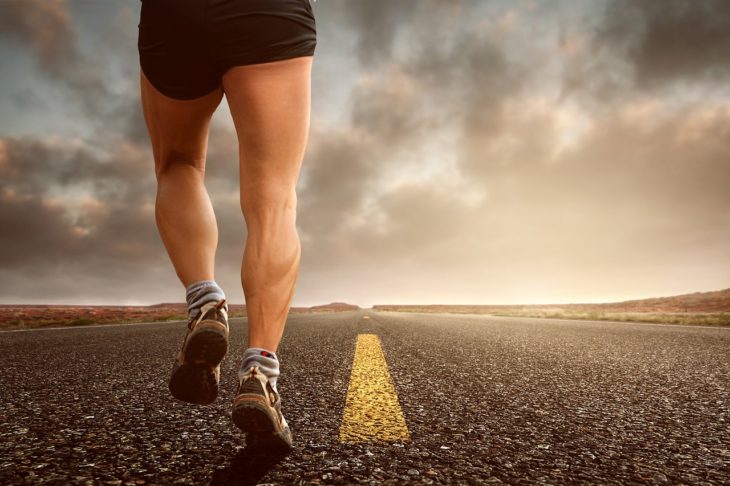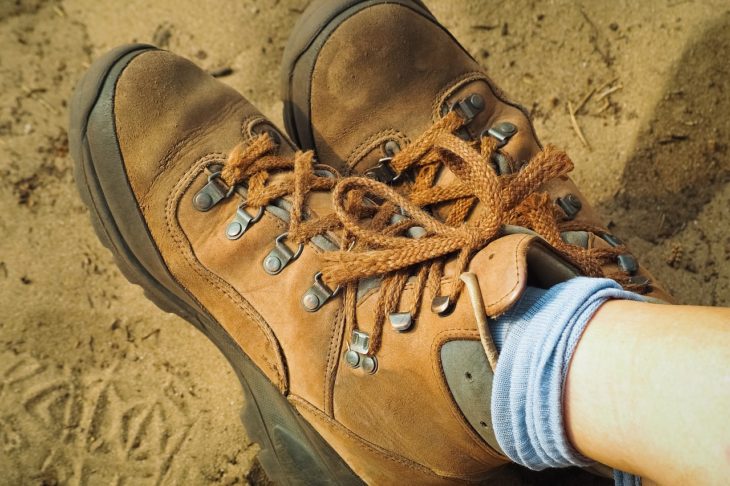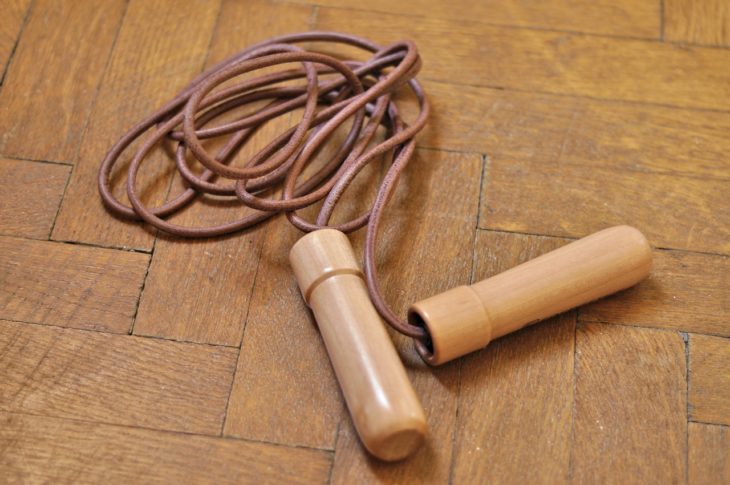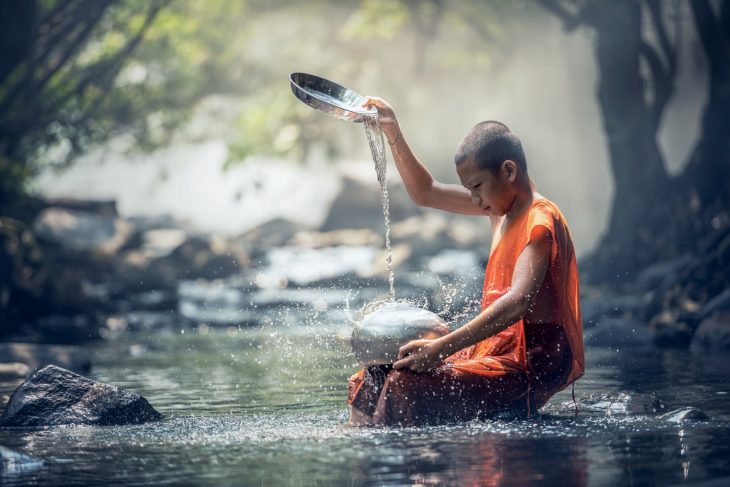In a world that’s completely obsessed with smartphones and gaming consoles, more and more people are choosing to temporarily disconnect and go on a so-called technological detox. Going out for a hike on the weekend is a fantastic way to do that. But if you’re going to be hiking, you’ve gotta hike for at least a few hours to start reaping some of the benefits. And in order to do that, you’ve got to be in acceptable shape.
Contents
How To Physically Prepare Yourself For Your Upcoming Hike
1. Take Up A Healthy Diet

In the days that are leading up to your hike, it’s absolutely essential that you put nothing but good nutrients into yourself. Loading yourself up on cheeseburgers and soda pop is no good way to start a physically demanding adventure such as a hike. They will make you feel weak and lethargic.
As a matter of fact, the more days you can stop eating junk food in advance, the better off you’ll be. Junkfood withdrawal is real. And you don’t want to feel lethargic when embarking upon your very first outdoor adventure!
2. Get Some Cardio Training

Cardio training is going to be an essential ingredient to a successful hike. If you want to increase your stamina, then HIIT training is highly recommended. The acronym ‘HIIT’ stands for ‘high-intensity interval training’. With this type of training, you go maximum intensity multiple times during your cardio session, but each time only for around 15-30 seconds.
It might be counter-intuitive, but this type of training is actually what increases your stamina and thereby your ability to go long distances at moderate intensities, rather than high ones. And that’s exactly what you’re going to do on your hike, making HIIT the perfect cardio preparation exercise.
On HikingDiary, you can check out list of hiking leggings for a comfortable camping trip.
3. Buy Good Hiking Boots

Your healthy diet and fitness regimen are only going to take you so far. The fact of the matter remains that most people won’t be able to last a mile out in the wilderness when they are going barefoot. You’re going to need to put some good protection on your feet, in the form of a pair of sturdy, supportive hiking boots.
Brian Bradshaw writes on his outdoor website, Boot Bomb, that you should never financially skimp on good footwear for hitting the trail: “In hiking footwear, you get what you pay for. Purchasing cheap hiking boots is actually pretty expensive since they’ll wear out fairly quickly and then you have to buy new ones. Better to save up a budget and purchase a decent pair in a higher price range. They’ll last much longer and, ultimately, save you money.”
4. Improve Your Ankle Strength

Don’t expect your hiking boots to support your ankles completely. You’re still going to have to put in the work to strengthen your own ankles. Having strong ankles reduces your chances of becoming prematurely exhausted on your trip.
Strong ankles also help in preventing injuries, such as… sprained ankles! Out on the hiking trail, the terrain isn’t as even as you’re used to when moving about in the concrete jungle. Especially when you start climbing some boulders, things can get rough on your joints.
Jump roping is one good way of getting better ankle strength. Another way of doing so would be to run up and down stairs a number of times. Every gym as a machine for exercising your calves, in which you are also using your ankles.
5. Meditate

Meditation can go a long way in helping a person feel better. Science has proven its efficacy at improving your mental as well as your physical health. It’s a crying shame not more of us are doing this on the daily. But when you’ve got something big coming up in your life… that’s when meditation starts to really become something you can’t afford to miss out on.
Taking as little as 10 minutes to meditate every day, a few days before your big trip, can really help you get down to earth and put things in perspective. Clearing your mind is one of the best things you can do in order to mentally prepare yourself for such a grand challenge.
It will also prepare you for feeling comfortable with your own thoughts, when you are alone on the trail, disconnected from the deluge of information that normally overwhelms you in your day to day life.
